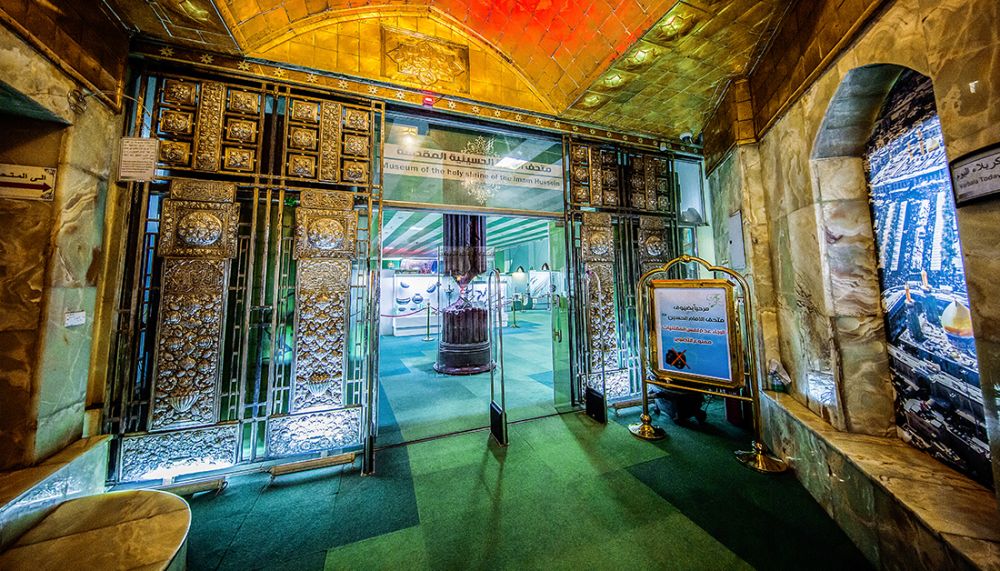

The Karbala Heritage Museum, located in the holy city of Karbala, Iraq, stands as a beacon of cultural and historical preservation in a region steeped in rich Islamic heritage. Karbala, primarily known for the tragedy of the Battle of Karbala in 680 AD, where Hussain ibn Ali, the grandson of the Prophet Muhammad, and his followers were martyred, is a city of immense religious significance to Muslims around the world, especially the Shia community.
Karbala's history as a pilgrimage destination dates back centuries and forms the backbone of its tourism industry. The city hosts millions of pilgrims annually, particularly during the month of Muharram and on the day of Ashura, commemorating the martyrdom of Hussain ibn Ali.
The development of tourism infrastructure around the religious history of Karbala, including the Karbala Heritage Museum, has been central to the city's mission to both accommodate and educate visitors on the spiritual and historical journey that defines the area.
In recent years, there has been a concerted effort to enhance the tourism experience in Karbala beyond religious pilgrimage. Efforts include the establishment of museums such as the Karbala Heritage Museum, which serves as a cultural repository, offering insight into the rich history and traditions of Iraq, Islamic heritage, and the specifics of Karbala's past.
The museum's collection includes historical manuscripts, artifacts, and a diverse range of exhibits aimed at preserving and showcasing the region's legacy. As the global interest in cultural and historical tourism grows, the Karbala Heritage Museum reflects this trend by providing a more nuanced, educational experience that complements the spiritual journey of its visitors.
The Karbala Heritage Museum is an essential stop for tourists seeking a deeper understanding of the area's history. The museum not only offers exhibits but also educational programs and interactive experiences that engage visitors in the city's storied past and the broader context of Islamic history.
Looking to the future, the city of Karbala and institutions like the Karbala Heritage Museum play a pivotal role in the diversification and growth of the tourism sector. By providing more inclusive and informative attractions, Karbala aims to welcome a wider audience, including history enthusiasts, scholars, and those curious about the rich tapestry of Middle Eastern culture.
With ongoing developments and an increasing global interest in authentic cultural experiences, the Karbala Heritage Museum and the city of Karbala are poised to cement their status as must-visit destinations that offer visitors a unique blend of spiritual, cultural, and historical exploration.